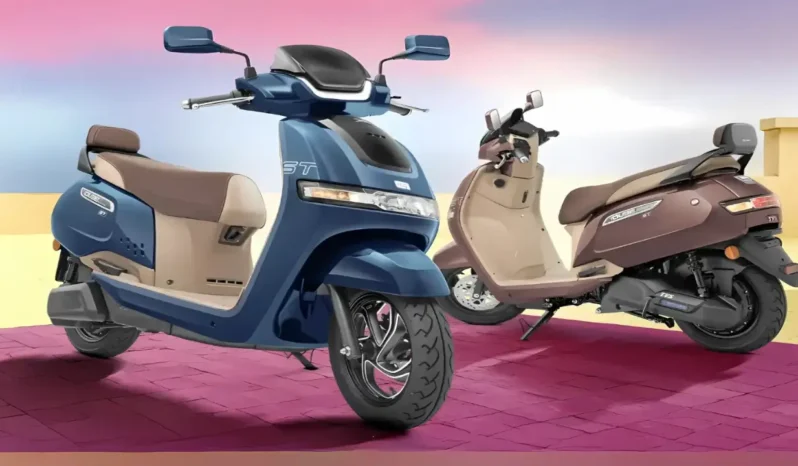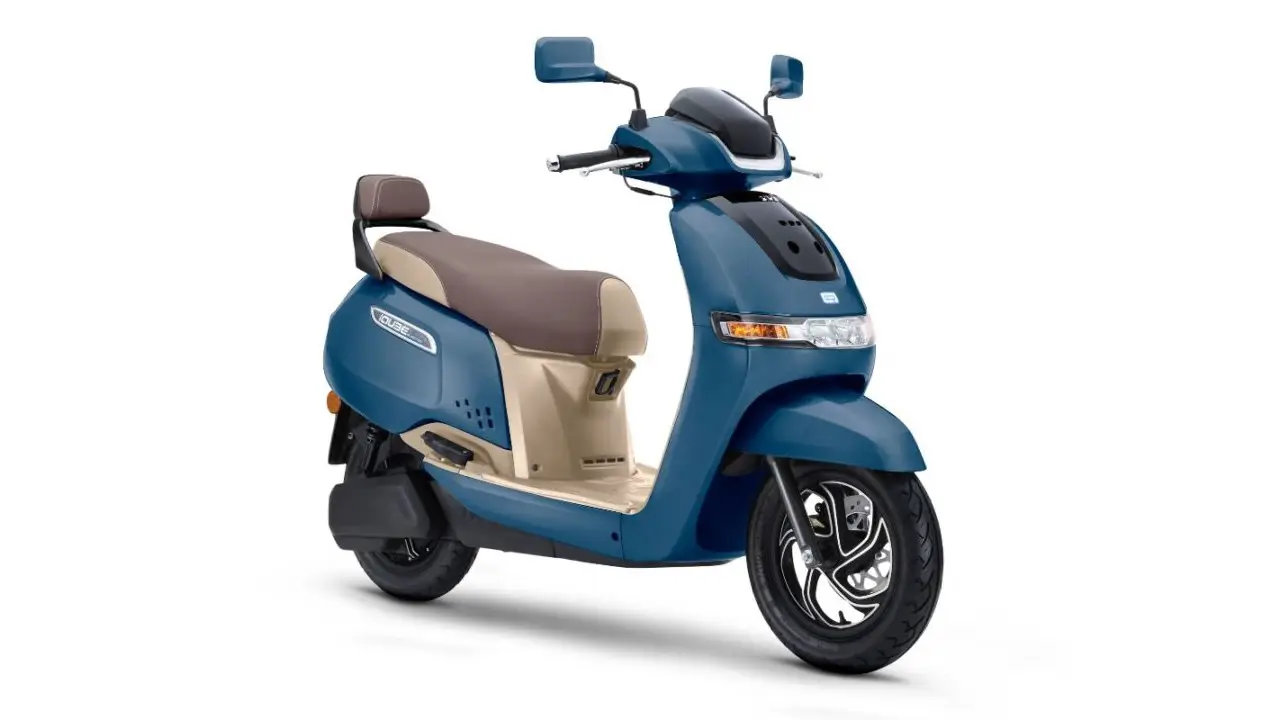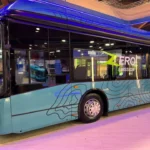TVS Motor Company has bolstered its portfolio of electric mobility. With the introduction of the iQube 3.1 kWh variant. Positioned carefully between the lower-spec 2.2 kWh and the higher-end 3.5 kWh models. This development follows increasing competition in the space for electric scooters. Following launches like the Bajaj Chetak 3001 and Hero Vida VX2 in recent times.
iQube 3.1 kWh: Pricing and Positioning
Ex-showroom prices: ₹1.05 lakh.
- The new variant is ₹12,000–₹13,383 pricier than the entry-level 2.2 kWh model. But ₹21,000–₹13,383 lower than the 3.5 kWh variant. Thereby filling a large price void in the iQube lineup.
Key Technical Specifications
|
Feature |
iQube 3.1 kWh Variant |
|
Battery Capacity |
3.1 kWh |
|
Claimed Range |
121 km |
|
Top Speed |
82 km/h |
|
Charging Time (0-80%) |
4 hours 30 mins |
|
Motor |
3 kW Bosch Hub Mounted |
|
Acceleration (0-40 km/h) |
4.2 Seconds |
|
Kerb Weight |
117 kg |
|
Ride Modes |
Eco, Power |
iQube 3.1 kWh: Design and Features
- Styling: Sleek family-scooter design with crisp lines, comes in five colour schemes. Pearl White, Titanium Grey, Walnut Brown, Starlight Blue-Beige, Copper Brown-Beige.
- Comfort: Inner panels in beige and a brown-beige dual-tone seat in dual-tone variants. Along with a pillion backrest for better comfort.
- User Interface: TFT screen with Bluetooth connectivity, new UI/UX for enhanced interactivity.
- Safety: Hill Hold feature for easier starts on slopes.
- Chassis: Telescopic front forks, twin rear shocks. 220mm front disc, and 130mm rear drum brakes, tubular frame.
Industry and Market Response
Launch takes the iQube range to six offerings, from 2.2 kWh to 5.3 kWh battery capacity. With the flagship ST offering an IDC range of 212 km. Market experts have lauded TVS for bridging a critical market void. Observing the new variant as giving “no-compromise performance at an affordable price.” Set to attract daily commuters who want reliability without breaking their pockets. TVS’s recent sales volumes further emphasize the momentum of the brand. TVS sold 27,642 units of the iQube in May 2025. Continuing robust month-on-month performance. The average waiting time for the iQube continues to be 10–15 days in top cities. It demonstrates a continuing demand.
iQube 3.1 kWh: Competitive Landscape
With this launch, TVS reiterates its position vis-à-vis competitors like Bajaj and Hero. Both of whom have also updated their electric scooter models over the last few months. The iQube 3.1 kWh’s range, feature, and price balance make it a strong candidate for urban Indian consumers.
ELCTRIK Speaks
The TVS iQube 3.1 kWh variant is now launched at Indian dealerships. Adding to the company’s focus on sustainable mobility and electric two-wheeler innovation.







